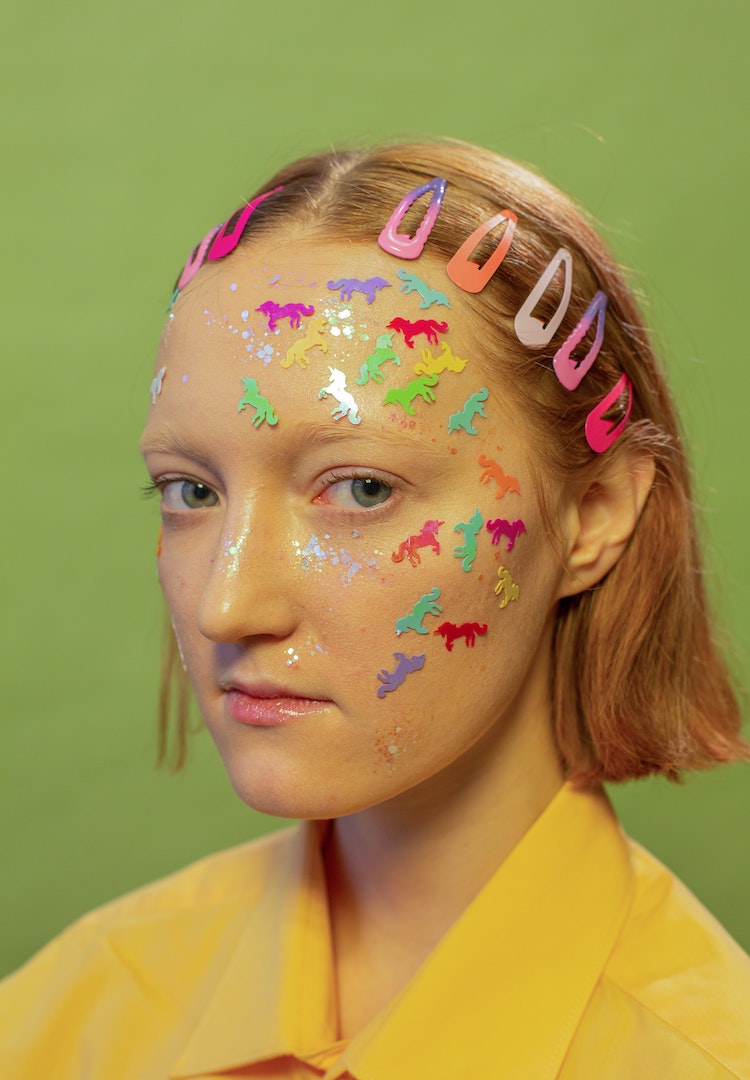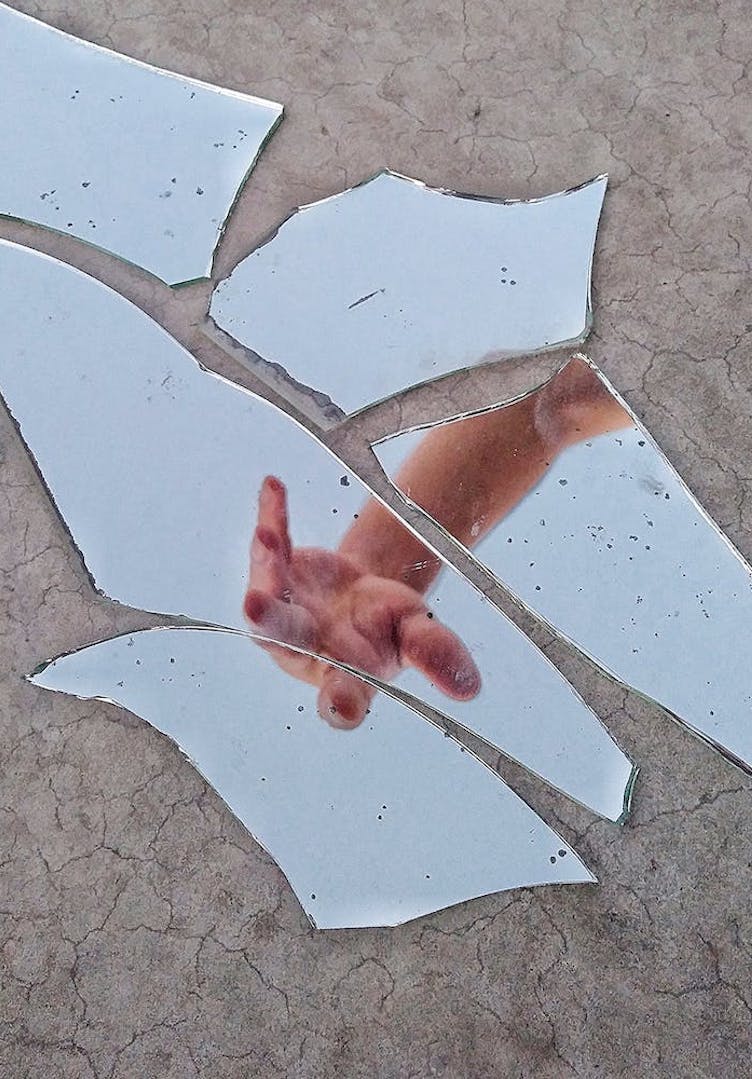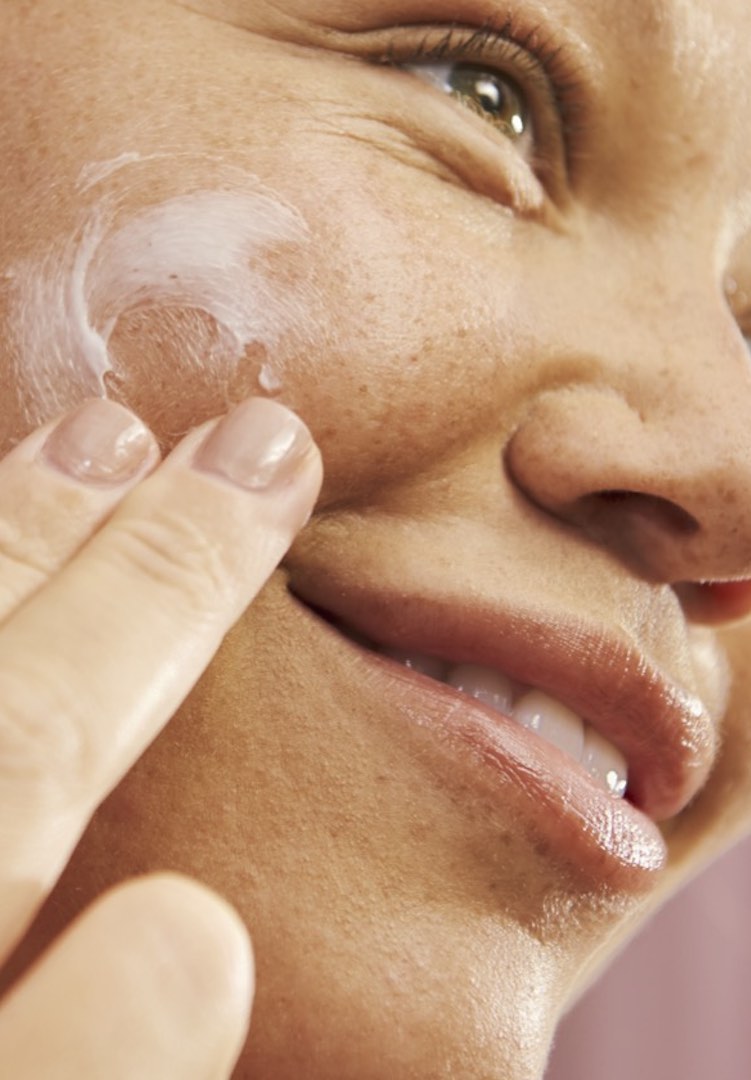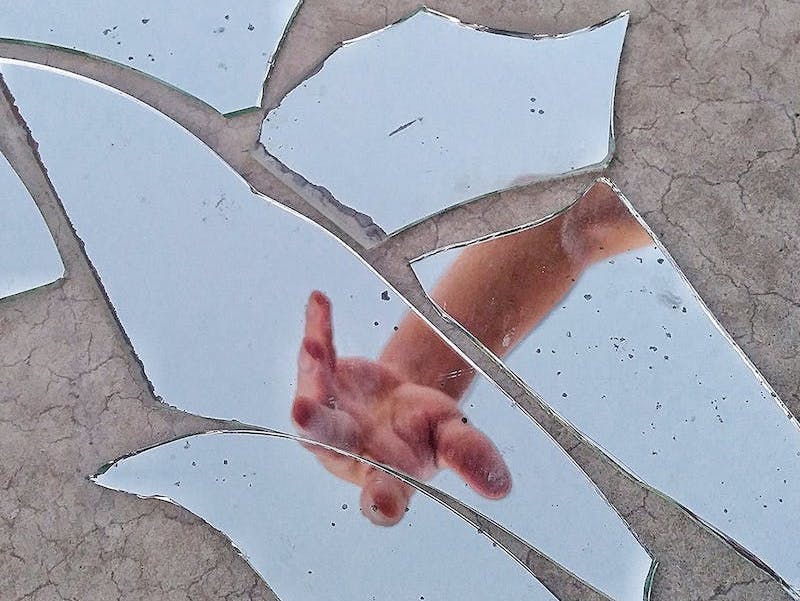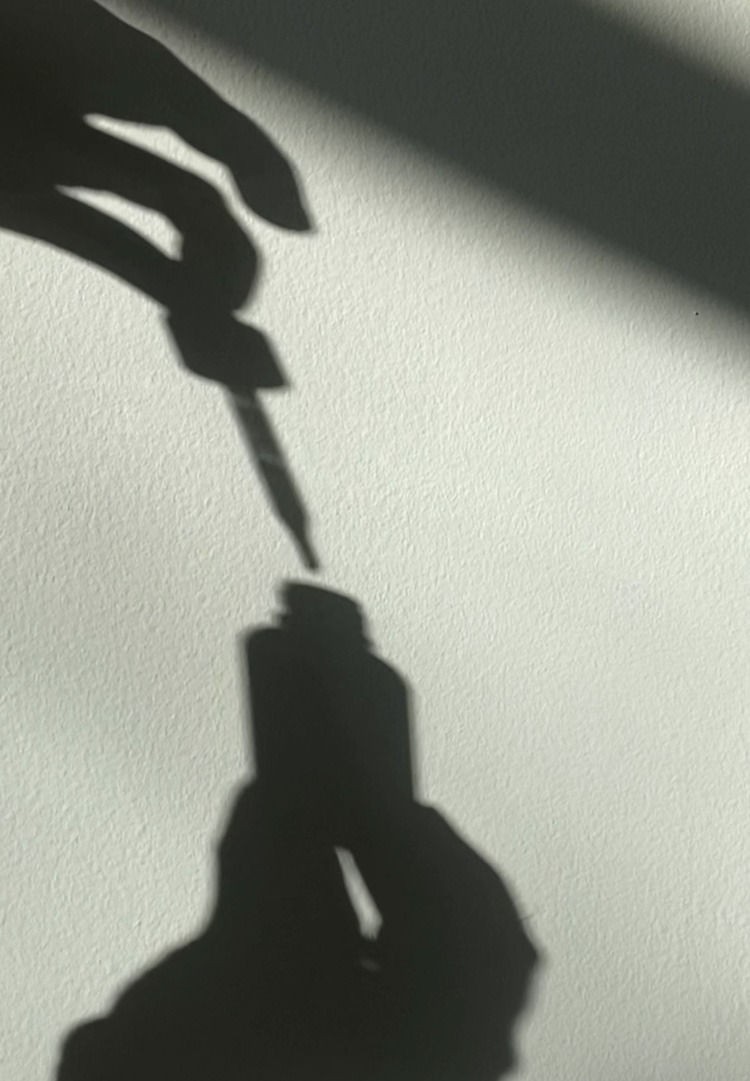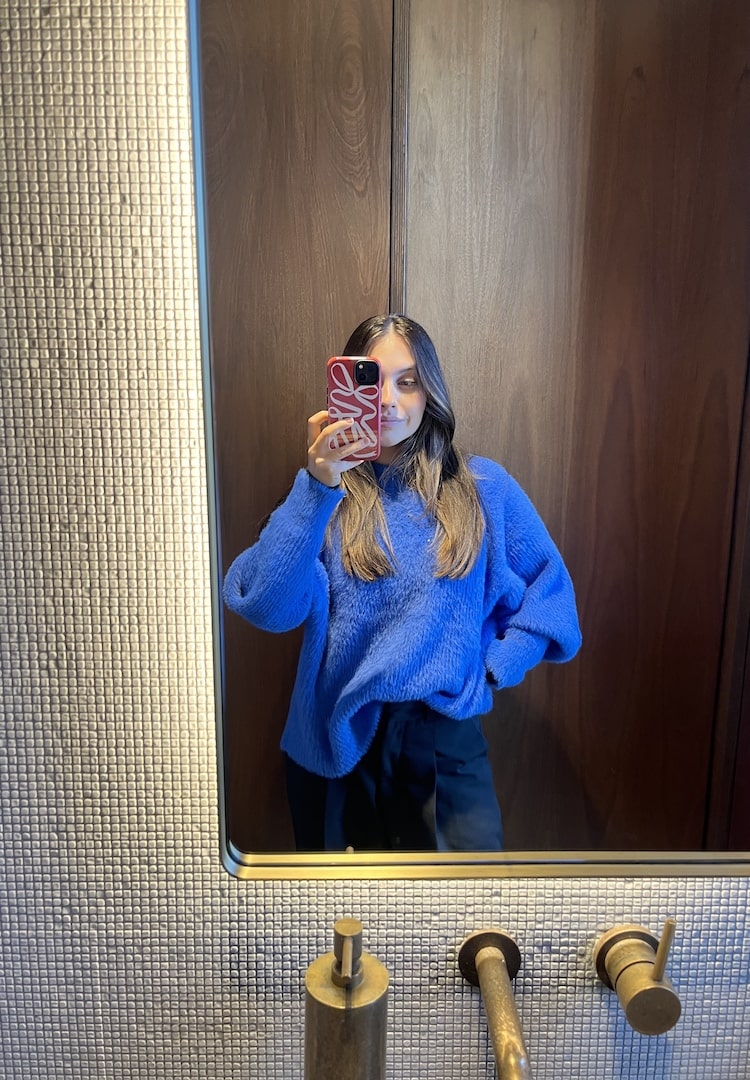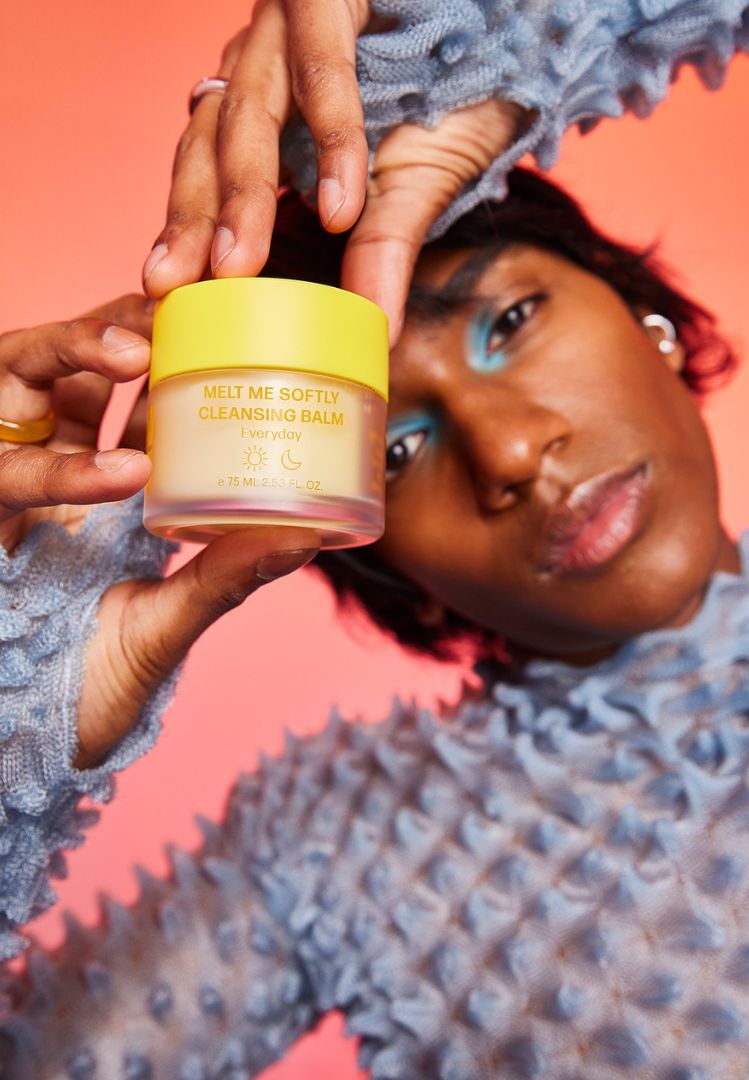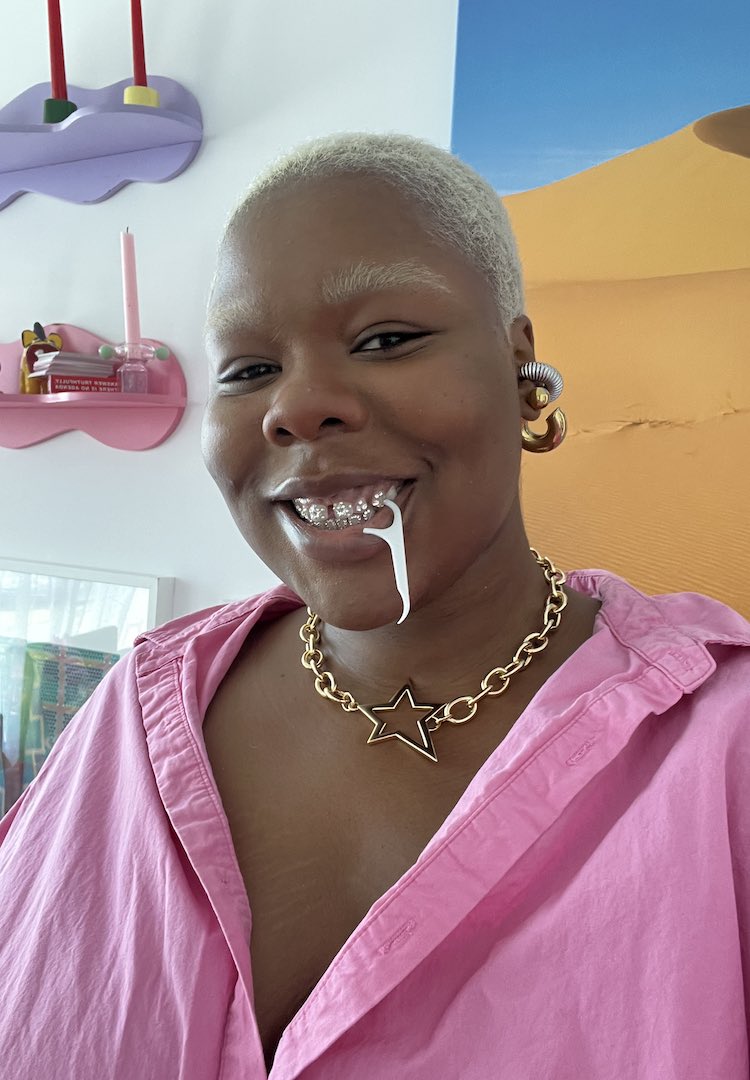Is cosmetic surgery empowering or another symptom of the patriarchy?
WORDS BY MIA HARRISON
Is wanting to conform to a beauty standard such a bad thing?
At 23, I’m already a regular client at a cosmetic physician’s office. I get Botox once every four-ish months (if I can remember to make regular appointments) to get my gummy smile ‘fixed’. This subtle procedure is very quick, inexpensive and non-invasive, which I remind myself and friends when talking about it.
Ironically, the need to justify this decision is the reason I feel so conflicted about cosmetic procedures. When talking about whether or not getting cosmetic work done is something we should celebrate (and even encourage) I get whiplash.
Interested in more content like this? Browse our beauty section.
Generally, anything that’s promoting empowerment in women is something I will wholeheartedly get behind and champion. But I’m struggling to understand why this act of empowerment can still come at the cost of women’s self-worth and identity. Being able to choose to get work done to boost our self-esteem is great, but we’re still made to feel ashamed for it.
When reflecting on my decision to get regular Botox, I can’t seem to distinguish where my feelings of empowerment come from. I’ve always insisted to everyone around me that I get the procedure because it makes me feel happy and confident – it’s not for anybody else. But I suppose it is just one of the ways that I can appear more ‘conventionally’ attractive in my day-to-day life.
But does this really matter if it’s something that tangibly improves my self-esteem? I like that I can feel confident around friends and when taking photographs. I’m far less likely to shy away from laughing and smiling because I’m certain that attention won’t be focused on one of my biggest insecurities – that’s ultimately what it comes down to.
The ‘halo’ effect and the male gaze
We live in a world that sees the more conventionally attractive people benefit over those who don’t conform to contemporary aesthetic ideals. This is called the halo effect, a theory that sees those who are deemed visually desirable excel within society.
The halo effect could be to blame for women’s desire to change their appearance, but I’m not sure it’s that simple. I’m more inclined to unpack the impact of the male gaze on our body image and the way we view ourselves.
Growing up, I was lucky enough to have parents that made me feel worthy and beautiful. But beauty was still seen through a patriarchal lens. I can’t really blame them – they’re from a different generation, and they did what they thought was best.
At school, I felt like a praying mantis: tallest in my grade, skinny as a pencil and pasty, with no eyebrows and colourful braces. Obviously, none of the also pre-pubescent boys at my school liked me, but I remember my mum telling me that my beauty was “misunderstood” by young boys as I was so “unique looking”.
She assured me that as I got older and the boys around me matured, they would finally see the qualities in me that they had been so naïve to ignore. This anecdote is funny in hindsight, but it’s hard to imagine how something like that doesn’t wire somebody to thirst for male attention for the rest of their life.
Trying to ditch this way of thinking is a lot harder than many people realise. It’s very easy to pretend we’re not impacted by the male gaze, but our perception of ourselves and the world has been taught to us from the perspective of men. It will require a huge social change to rewire our brains and change this fact.
And while we’re heading in a direction that’s finally championing a more diverse range of voices and aesthetics, many of the most popular cosmetic procedures still seem to transform the female body and face in an eerily similar, hyper-feminine manner, with Kardashian-esque contours and curves.
Social media and self-esteem
Attempting to ignore the modern beauty standard can feel impossible, especially when it’s so prevalent each time you log on to social media. Dubbed ‘Snapchat dysmorphia’, recent research has shown that Instagram, Snapchat and TikTok filters are frequently taken to surgery clinics as reference photos for permanent body modifications people wish to make.
The extreme nature of some of these procedures can completely change the appearance of an individual, making them almost unrecognisable.
An anonymous respondent to a recent Fashion Journal survey touched on the pressure many young women feel to undergo these procedures, saying “There is only so much you can tune out. I wish there was more education on body confidence for young girls, so they don’t feel the need to go down these paths”.
These surgeries aren’t a quick fix for low self-esteem; they cost thousands of dollars, some have extremely high risks (including fatality), and recovery can take months and be extremely complicated. Is this all in the name of self-empowerment?
Let’s not critique each other’s decisions
When reflecting on my decision to fix my gummy smile, this is where I land: confidence is imperative to mental health and if I’m expected to live in a world that has these sorts of beauty ideals thrust upon us every day, then there’s no point criticising myself or others for taking the steps necessary to feel beautiful, confident and empowered.
Bodily autonomy is something we’ve fought long and hard for, and we need to protect this right considering we’ve seen recent evidence of it being stripped away, with devastating decisions like Roe v Wade being overturned.
Cosmetic surgery is something we’re all entitled to (although, of course, many are unable to access it due to the high costs). And if someone feels that their life will be improved through getting a procedure done, then how is it anyone else’s business to stop them? How can we really justify blaming ourselves and other women for wanting to succeed and feel valued in a society that was created by men?
Make the right decision for you, but consider why you’re doing it
So where does this leave us? Moving forward, I believe it’s important we recognise the influence the patriarchal culture we exist in has on the decisions we make about our appearances. Just like my gummy smile procedure, it’s okay if there’s something you need to do to feel like your best self.
But we can’t move forward (or look at this topic through a more considered, critical lens) by pretending that we’re making these decisions in a world where we’ve successfully untangled our self-worth from the male gaze.
If you’re struggling with issues surrounding body image, you can get support by calling the Butterfly National Helpline on 1800 33 4673 or chat to them online here.

